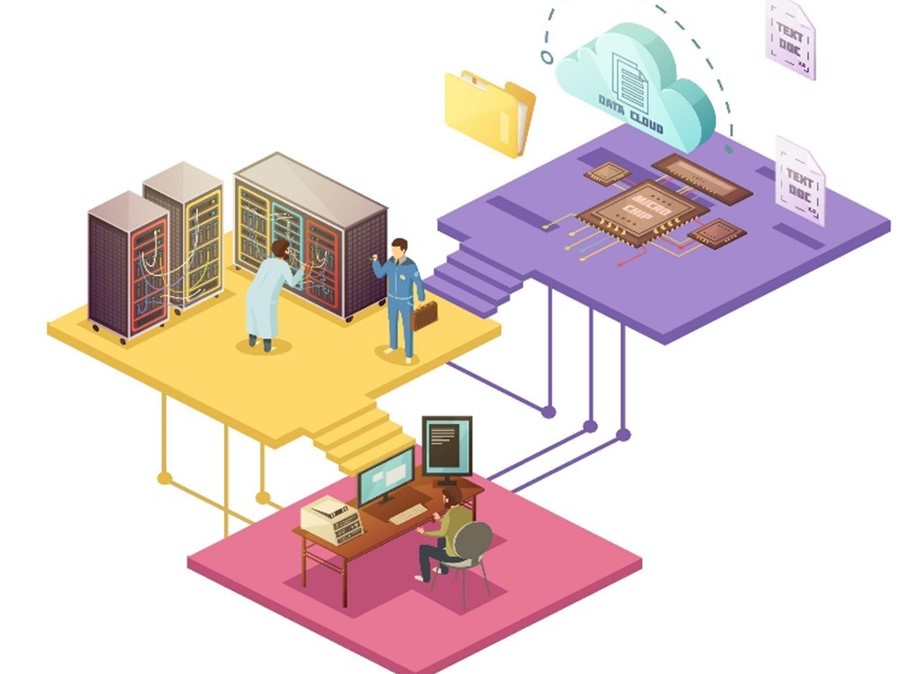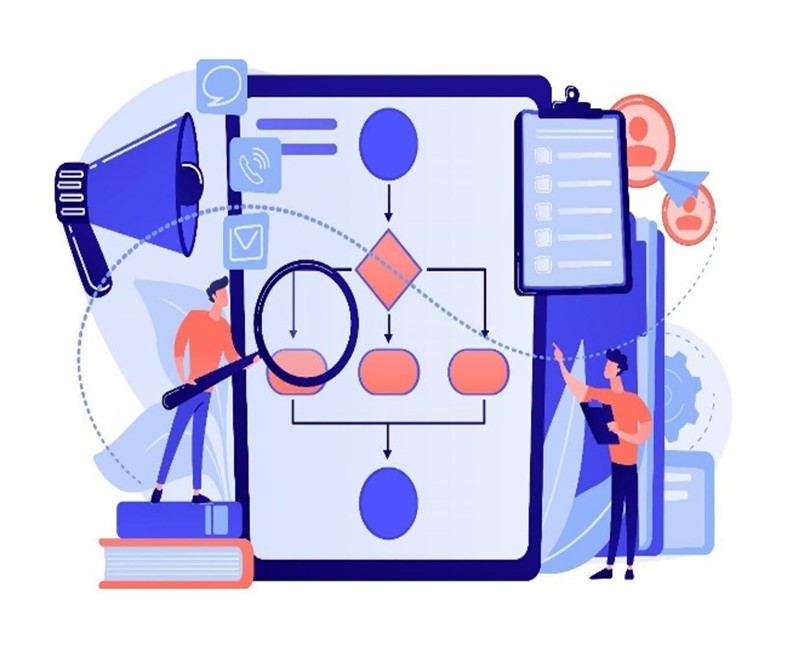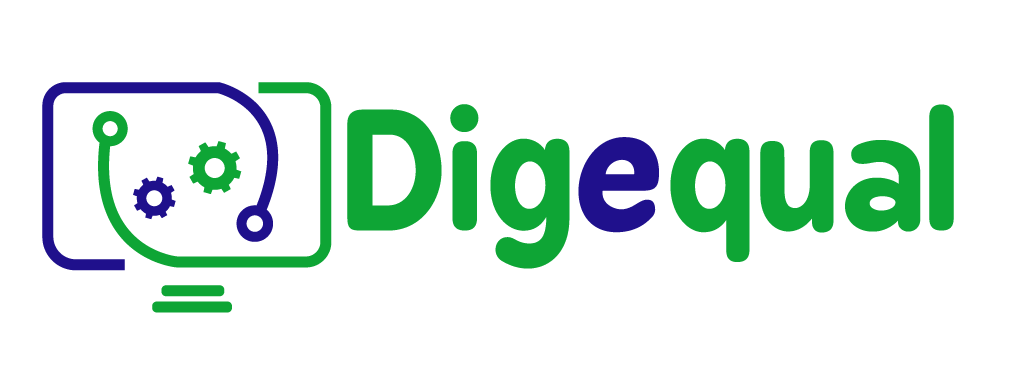e-participation: Raise Your Digital Voice!
Our world is rapidly evolving. Circumstances and situations that we consider constants change completely, often at a pace rather difficult to keep up with. One of the best examples is the amazingly fast progress of technology, effectively ruling most aspects of our lives today. While some raise considerations and second thoughts on how far and deep technology should go and what the results might be, it certainly comes with numerous, often unexpectedly positive results.
e-participation is a relatively new concept that promotes and supports citizens’ involvement and participation in governance affairs via the utilisation of Information and Communication Technologies.
With each passing day, all EU government services acquire a digital subsistence; this of course, is a two-way road, as it is possible only through the acquisition of a digital identity by citizens, in order for them to be able to interact with them, and in some cases, have a say on social-political matters. Citizens are thus empowered, the interactions between governments and the latter are enhanced, and the public’s engagement in policy and decision-making is improved.
All in all, e-participation makes government services more direct, inclusive, simple, easy to use, and transparent while simultaneously saving precious time for the users, introducing them eventually to the new digital era.
e-participation is one of them. Consider all the procedures that citizens are part of in society. Voting, of course, administration, decision making, issuing applications, policy making, and government services; Now think of the process that citizens usually have to go through to be a part of these procedures. Most of the time, the first things that come to mind are long queues, respectively long waiting times, running around different buildings and offices of the public authorities, and general discomfort until we achieve our goal.
To fully understand the essence of e-participation, we can divide it into some distinct categories:
Administration
The concept of e-administration refers to the digital transformation of paper processes that, traditionally, take place in an office environment. The ultimate goal is to improve productivity and performance by creating a paperless office. Lost among hundreds of files and documents, public office employees would often struggle to organise and effectively find the specific document they were after; and truth be told, the suffering was not selfishly enjoyed by them, as a fair share was on the citizens’ backs.
However, with digitalisation, things have changed rapidly. Now, in most European countries, all data and information have been digitised and exist in cloud services, allowing employees and public authorities to forget, once and for all, about the mountains of paperwork and physical copies.
Not only do employees save a fair share of their time the way things are done now, but also citizens, as most services do not require them to even leave the comfort of their own space. Plus, there is room to have a check on the official documents produced by the administrations, and go through the expenditure data and how the public budget is spent.
Service delivery
All public administration services, from issuing an application to acquiring a permit of any kind, are now transferred to a digital cosmos of services. Through that, citizens skip the traditional process, which would require precious time and probably money, and can proceed with everything from the comfort of their homes.
More or less, we all have negative experiences and remembrance of the procedures in public services. Moving through different offices and floors, often through different buildings, procedures that sometimes required more than one day to be completed. As services and administration have been digitised now, it is usually a matter of minutes to complete everything.


Decision making
E-decision-making is one of the most important aspects of e-participation. It refers to the utilisation of digital means by citizens for them to participate in decision-making, on any level or stage of the process. From voting and participating in digital elections, and expressing a preference in public matters, to becoming part of social-political Internet forums, or developing .
While some European countries have yet to completely embrace digital decision-making, it is a practice that is becoming more and more common. New laws are put under citizen consideration, policies are published and discussed by the public, and petitions gain power within the world of policy-making, with the great example of the petition system in the UK, which we shall examine below.
Policy making
Via the practices of e-participation, citizens can now be a part of the policy-making procedures. At any stage of the process, depending on the case, users can choose, express opinions, or vote blackball, always on a digital level.
Policy-making procedures thus become safer, faster, and problem-free. Above all, the digitised processes allow decentralised habitats to participate in the procedures without worrying about time, distance, or cost. While digital services sometimes come with brand-new issues based on the very nature of these systems, the advantages offered are so many and concrete that the chance of walking back steps is long gone.
European Union provides great examples of e-participation by citizens, especially when it comes to the possibility of using different participation platforms where citizens can directly cast their vote or have a say or on-going future themes. You may check such information at this link (only available in English) https://european-union.europa.eu/live-work-study/participate-interact-vote_en.

National and Local Institutional Audit
The digitalization of everyday processes, no matter how passionately fought against by some, certainly comes along with practices of direct democracy, easier and more open access to participation, and transparency of procedures, to the point of feasible.
A good example of the above is the capability of citizens to go through an Audit on a National and Institutional level. As local administrations and public authorities proceed with the implementation of projects, constructions, etc. citizens are able to access the related documents, and check the expenditures, timelines, and general procedures. For example, a new park is under construction, with the decision of the Local Authorities.
Through that process, even though not 100% of the data is available to the public, citizens are able to check the transparency of each step and transaction, up until the completion of the project. The power to do so, builds trust, and holds the very essence of e-Participation. Under the same umbrella of action, falls the capability of citizens to check acts and documents produced from public administrators.
Social – Political Pressure
As participation in social – political life is gaining ground in the digital spectrum, a very important aspect appears. Citizens are now able to exert pressure, towards certain directions and decisions; that can materialise via the collection of signatures, petitions, social networking, or groups digitally submitting proposals on public matters. Through these procedures, citizens are able to exercise their rights, speak their minds, and coil under the same purpose.
In recent years, we are witnessing similar practices more and more in the spectrum of e-Participation, with citizens getting together, propagandising ideas, organising in digital groups, and effectively becoming a part of decisions in everyday life.
